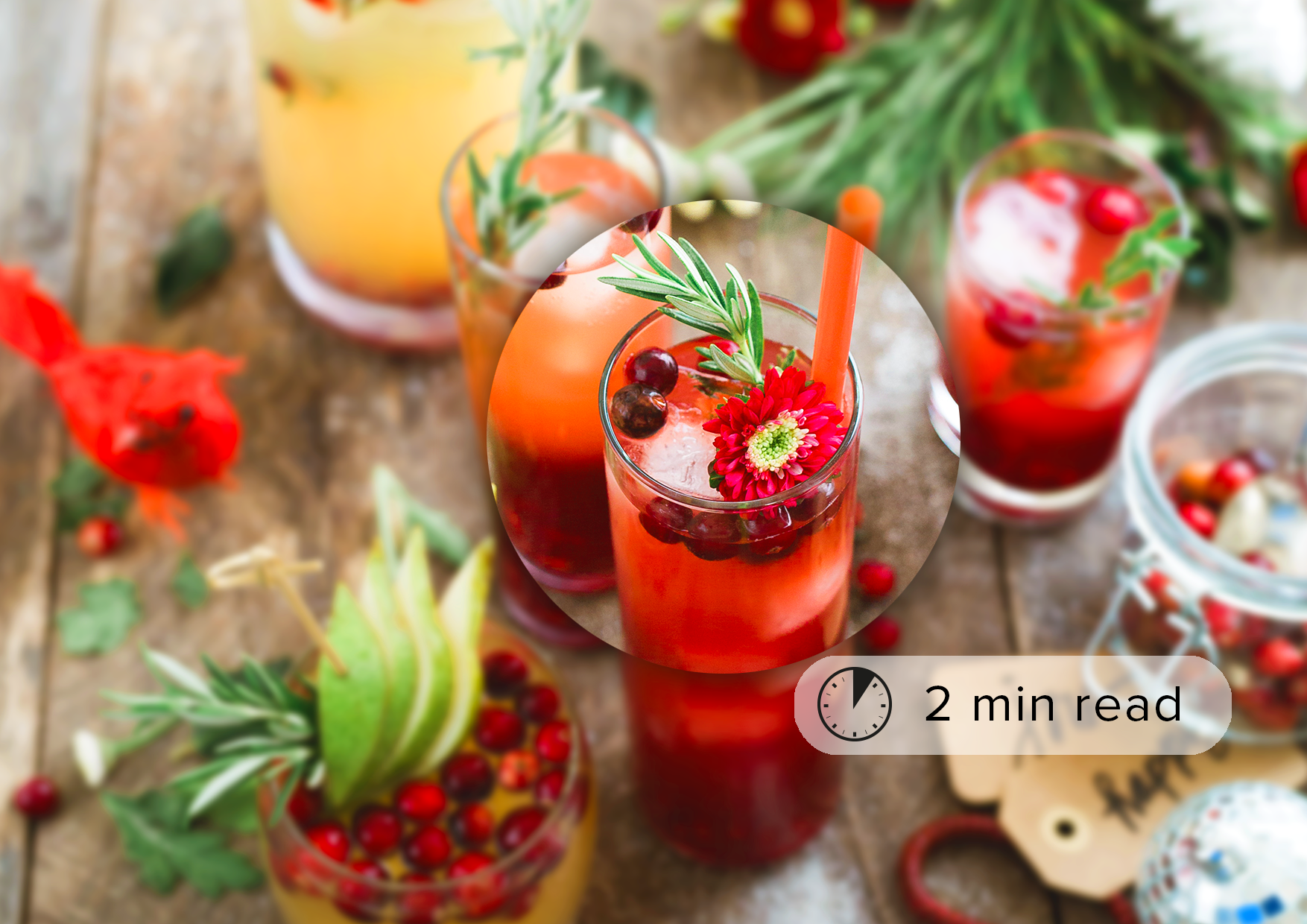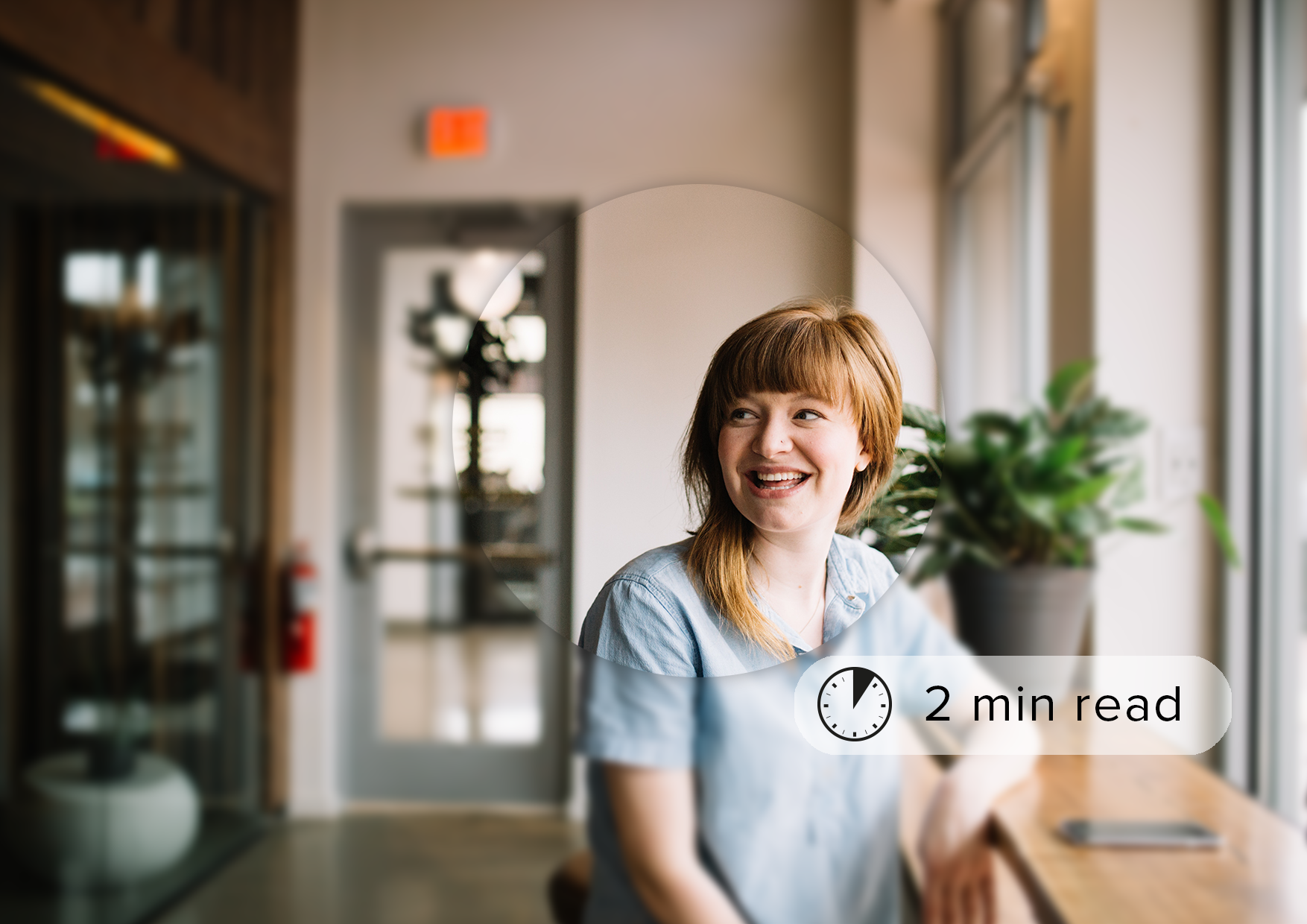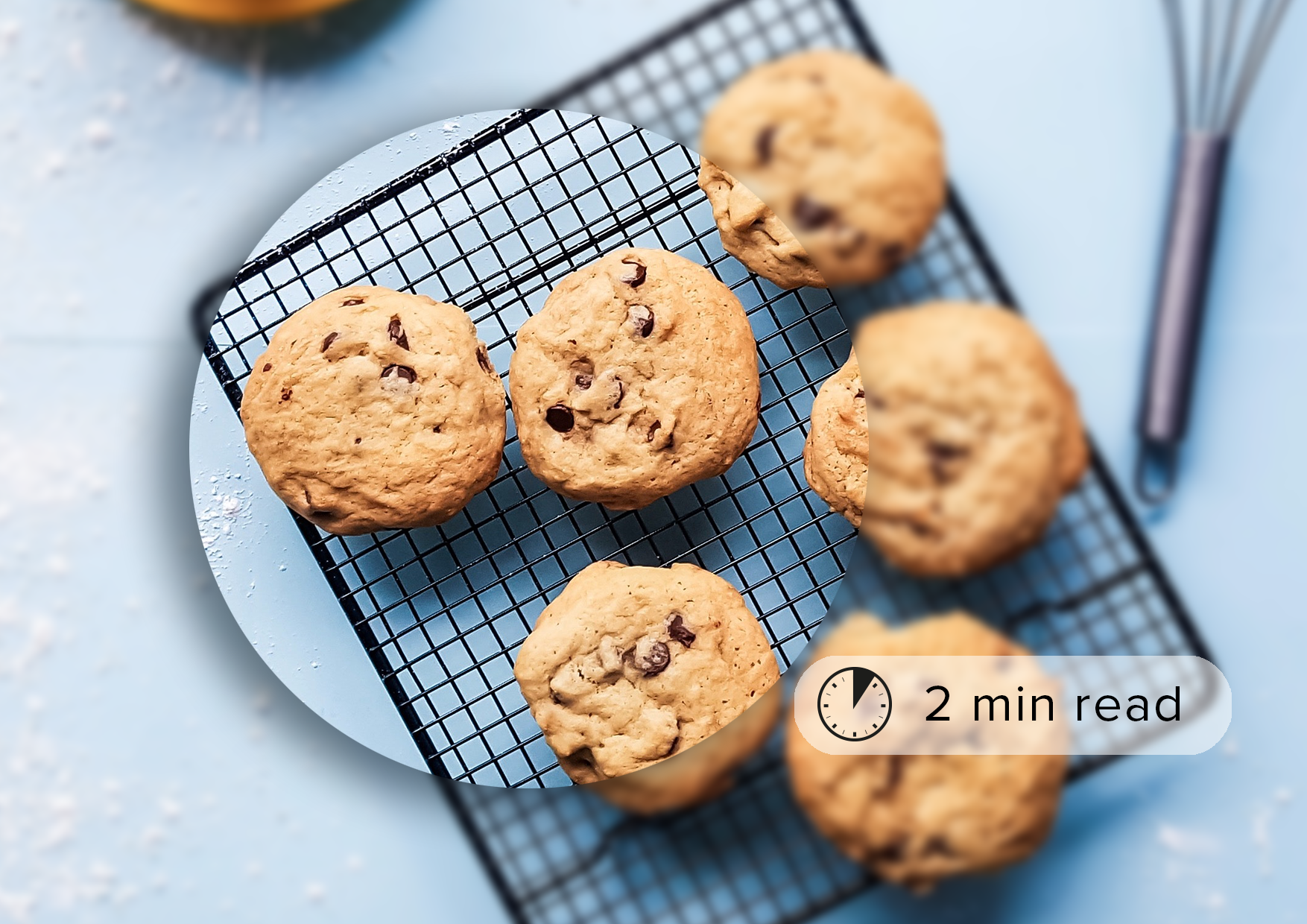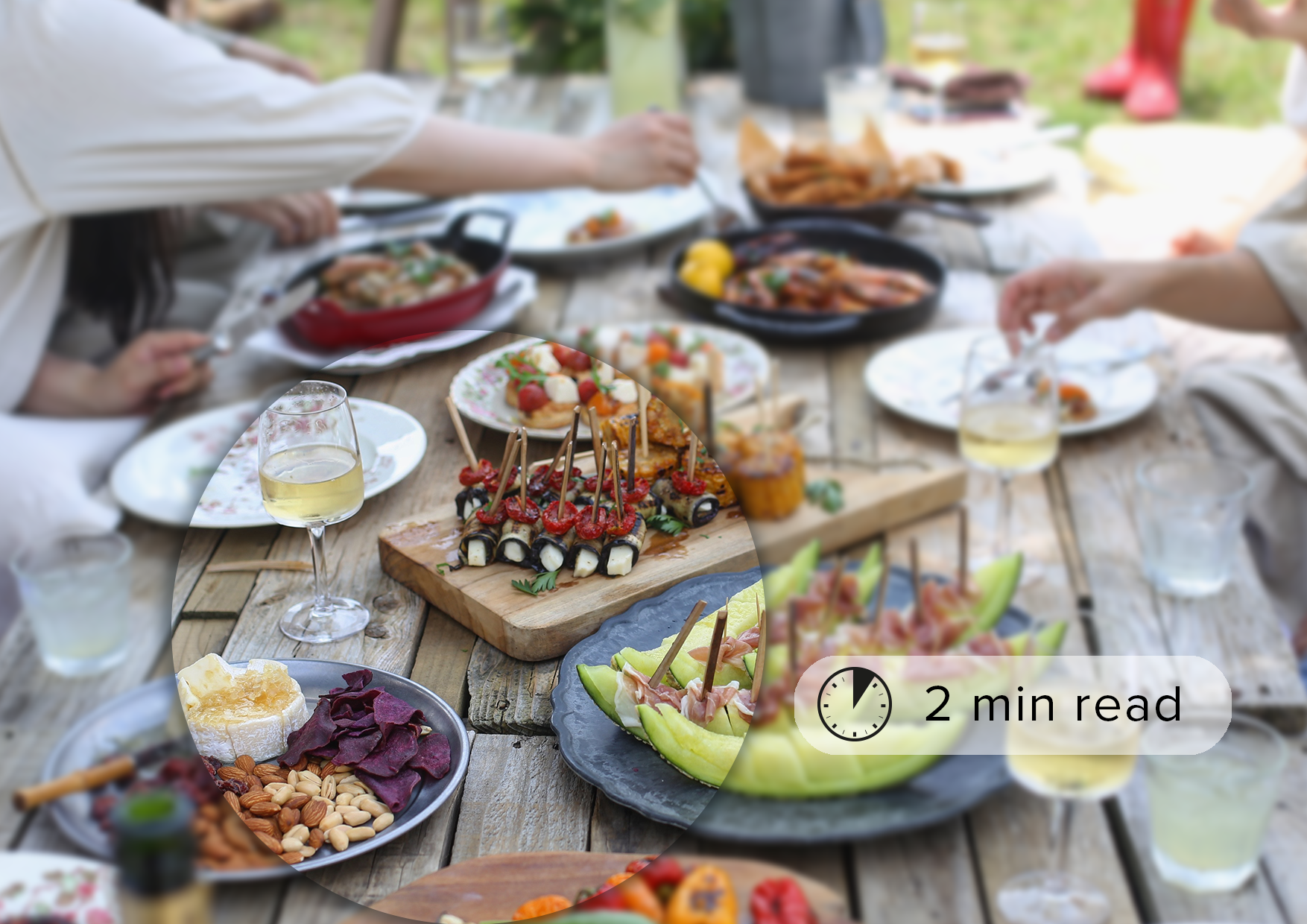Ho-Ho-Help! It’s party season!
Festive party season is here! How do you feel about the event of the season, naughty or nice?
Reward Gateway and Perkbox surveys found that although 86% of organisations will host a festive party, 54% of employees don’t look forward to them, and MIND found that 19% of people have pretended to be sick to get out of their Christmas party… surprising?
No doubt you’ll be celebrating the festive season one way or another, but if the thought has got you feeling more Ho-Ho-Help! than Ho-Ho-Ho! read on for our tips on surviving the many parties you may have in your diary this festive season.
Goodwill to all
It’s all too easy to play it safe and stick with your work team, but how about stepping out of your comfort zone and mingling with people you don’t know? Ask questions, be focused on the person you’re talking to and move around the room – you don’t have to talk to everyone, but you never know, you may make some new friends!
It’s the most wonderful time of the year
If the thought of even getting to the party is bringing you out in a cold sweat, set yourself some time limits before you leave the house. With realistic goals in place, you will have a point in the evening you can say your goodbyes and leave when you feel comfortable. However, there’s no shame in leaving early if it’s getting too much, although you may miss out on some of the more interesting antics as the night goes on!
‘Tis the season to be jolly
We all know the annual party is a chance to let our hair down. With the alcohol free-flowing, it’s all too easy to overcompensate to calm those party nerves. Try to pace yourself – alternating drinks with a glass of water and sticking to one type of drink can help. Make sure you fill up on the delicious food on offer too!
Baby, it’s cold outside
As boring as this sounds, it’s always best to be well-prepared. Pre-book your taxi, or make sure you’re familiar with the train or bus timetable and keep some cash on you, just in case. Make sure your phone is charged before you leave the house, you never know when you might need it.













